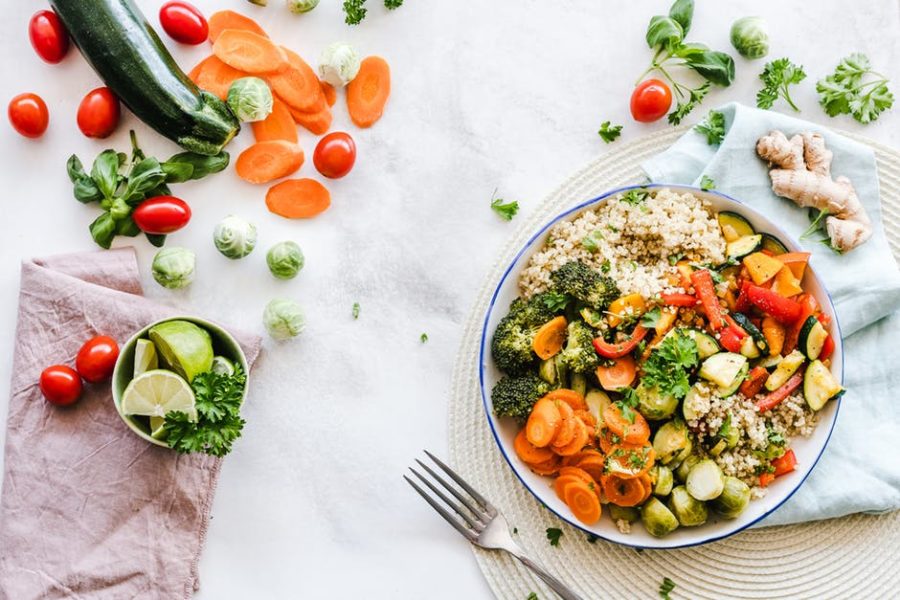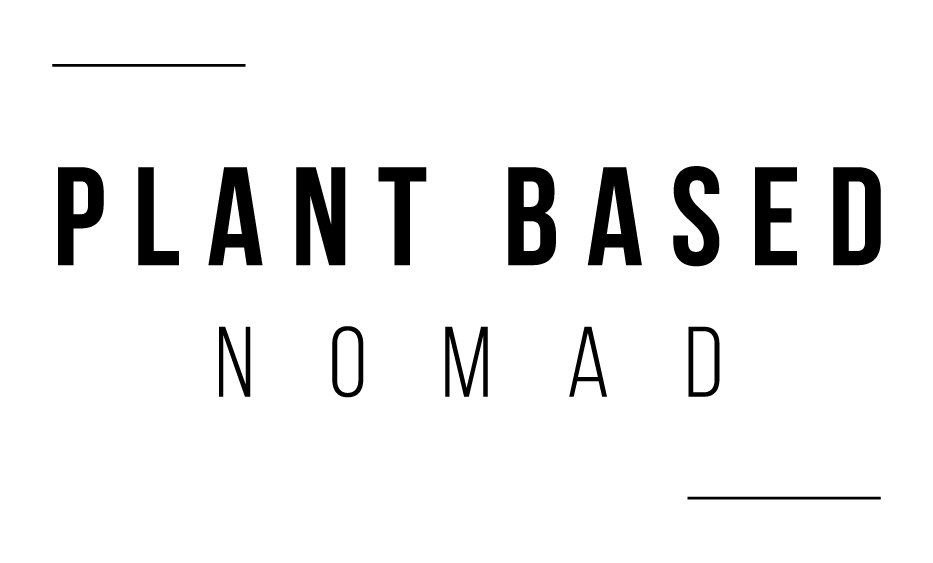
Sustainable Sustenance: An Intro to the Whole Food Plant Based Diet
Unfortunately, two-thirds of Americans will have deaths that are caused by their diet. Do yourself a favor and watch this video by Dr. Michael Greger if you are interested in the research behind a plant based vegan diet versus the alternatives. The video is a compelling hour long presentation about the whole food plant based diet backed by research and data. While it is a few years old and he has released a lot of new videos you’ll also want to watch watch, but this summary is a great introduction to the connection between what you put in your body and how you live… or do not live. You should also check out Dr. Greger’s book titled “How Not to Die.“
How Not to Die: Discover the Foods Scientifically Proven to Prevent and Reverse Disease
If you’re feeling un-well or just know you need to do something for your body, a plant based diet is a life changing, health-affirming shift that will improve the quality of your life significantly, as well as give you some extra time on this plant to enjoy doing whatever it is you enjoy doing.
The How Not to Die Cookbook: 100+ Recipes to Help Prevent and Reverse Disease
A whole food plant based diet is not a fad, this is not a diet but rather a lifestyle. A whole foods plants based diet is a healthy and sustainable way to eat that can improve the quality of your life and even extend it. You’ll find the energy and general sense of well being that will take hold and guide your wellness journey will take over and you’ll simply choose the foods you know make you feel well, it’s an amazing transition that we want to be here to help you on. Learn more about this lifestyle choice and let us know if you have any questions.
An Introduction
A whole food plant based (WFPB) diet focuses on fresh, unprocessed whole foods, minimizing the number of processed foods that you eat to promote your health and well being. The majority of your diet will consist of foods like seeds, nuts, fruits, vegetables, whole grains, herbs, and spices.
This diet doesn’t have dairy, eggs, or meat on its menu, and it’s often seen as a version of veganism. However the vegan lifestyle is a much bigger scope and while they do eat mainly plants, they’re lives are devoted to eliminating impact on animals. As such, vegans do not eat any animal products nor do they wear anything that comes from an animal or use products that are tested on animals. If you’re interested in learning more about the difference between plant based and vegan please take a look at this article. Read on here for a focus on how a WFPB diet focuses on nourishing your body with all of the whole foods that you can eat.
Benefits
If you took the time to watch the video we shared at the beginning of this article then you know the key benefits of a plant based or vegan diet. If you did not watch it, you should. No joke, you’ll hear you that 14 of the top 15 leading causes of death in the United States can be prevented with a whole foods plant based diet. That is just unreal.
If you’re curious please take a look, the video covers: Diseases of the Heart, Cancer, Emphysema, stroke, Alzheimer’s, Diabetes, Kidney Failure, Influenza, Pneumonia, Mental Health, Blood Infection, Liver Failure, High Blood Pressure and Parkinson’s.
Weight loss is a happy side effect of a plant based diet really. The true miracle is the life it gives back to those that had no idea they could feel that well. If weight loss is your goal, you’ll achieve it, but more than weight loss you’ll find a clear headedness, more energy and a general deepened sense of wellness that you’ll never want to look back from.
In one study that looked at people over 1,100 people trying this diet, there were many positive outcomes. The people on the WFPB diet lost more pounds than the people who weren’t on the diet. They also lost a little under 5 pounds over eighteen weeks.
As if helping yourself wasn’t enough, you will also help the environment with this diet. By eating these foods, you will leave a smaller ecological footprint, which will help global warming in the long run.
Convenience
While some diets may be restricting or time-consuming, the WFPB diet is not. You won’t need a calculator or a fancy app to keep track of how many calories or carbs you’ve eaten so far.
You don’t have to avoid cooking or freezing food. You don’t have to force yourself to eat bland foods because you have so many different options.
This diet also won’t break your budget because most of the foods that you can eat are already some of the cheapest things you can buy at your grocery store.
Foods You Can Eat
Here are some of the foods that you will be able to consume while you are on this diet:
Non-starchy Vegetables
Leafy greens, broccoli, zucchini, eggplant, tomatoes, etc
Starchy vegetables
Potatoes, sweet potatoes, legumes, beans, lentils, peas, corn, squash, plantains
Fruits
All whole fruits, as found in nature (not dried, juiced, etc)
Whole Grains
100% whole wheat, oats, brown rice, etc. Choose whole, cooked grains and pastas rather than bread or crackers for weight loss
Beverages
Water, unsweetened plant “milks,” decaffeinated coffee and tea, green tea
Omega 3 sources
Chia seeds, ground flax seed
Spices
All spices
While at first glance it may seem like your options are limited, there are actually many great recipes that you can make with these foods. It’s incredibly refreshing and simple once you make the shift, the hardest part is changing what you know and learning to navigate your new culinary path.
Start Your Whole Food Plant Based Diet Today
Don’t wait any longer, start your whole food plant based diet today to improve your health.
Starting a new diet is a lifestyle change, so it may take a little while to adjust to your new meals, but it will be worth it in the end. We recommend starting the process and making it as manageable as possible for yourself. There are no hard and fast rule, perhaps you start with the recent #meatlessmoday trend or replace one or two meals a week then gradually up that amount. Once you get accustomed to your new menu and start feeling the difference in your body then the rest will happen naturally.
In the end, don’t put too much pressure on yourself and by all means, do not let anyone tell you what you should and should not do like there are hard and fast rules. You’re considering making this transition and you should be proud of that. We’re proud of you and support wherever you are in this journey.
To read more about a whole food plant based diet, check out this article.

